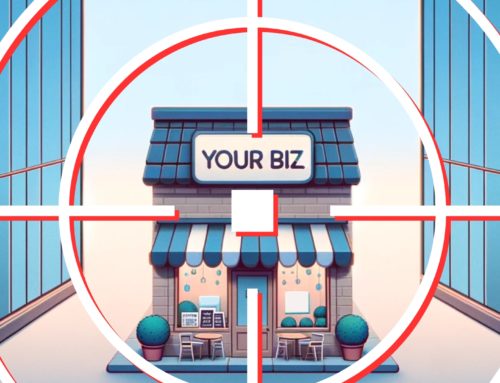If you were to survey the most productive teams, you’d find a common ingredient – efficient communication. That explains the rise of team collaboration tools in 2020.
right after heavily adopting tools like Slack, companies might notice the downsides of such tools. We aren’t just talking about fearing that Slack will hand over your data to Salesforce. In 2020, posts like ‘Slack Open Source Alternatives‘ (by geekflare) were all over the internet, and we’ve noticed a massive increase in the number of Slack users getting in touch with our team seeking a “Slack open source” alternative.
Why do people shift away from Slack to open-source platforms?
1) Companies need to own their data and control their workspace
Platforms like Slack are closed source software, which means that their code is proprietary and only the original vendors of that software can access or change it. Thus, companies aren’t able to have branded customization or changes in the code. In a nutshell: they don’t own the software nor the data left in there – they are just paying to use it.
2) Security concerns: what makes SaaS companies like Slack vulnerable?
Once the pandemic started, companies heavily adopted online workspaces. Once companies made the transition, security became top of mind for them. Much like all SaaS solutions, your data is stored on an infrastructure that is not yours, not fully transparent and absolutely not under your control. Your insight into your configuration is limited and even worse, so is your security. What a lot of our customers realized after using slack, it does not offer end to end encryption. This puts your messages at risk of being intercepted.
3) Slack cannot be used for Omnichannel Customer Support
I recently saw on Linkedin that a friend of mine was complaining that a lot of the companies he deals with do not offer a chat option and their support dropped significantly during the pandemic. We on the other hand increased not only our support but the support of our customers as well. Slack charges a monthly free for team collaboration PLUS another tool for customer experience. This can get pricey!
What do we suggest?
We suggest using Rocket Chat. This is a platform we use ourselves and is a big player in the collaboration and omni channel game. We have not just set up ours but we’ve helped multiple clients set their own system up and we even offer support for it!






Leave A Comment